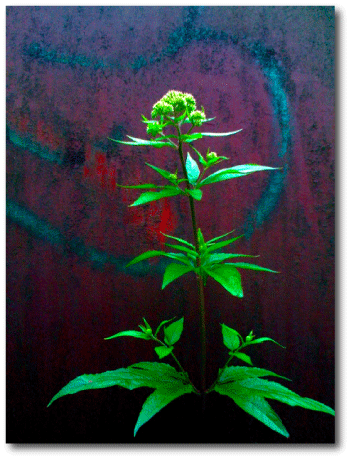
Tourist ideals of Germany often draw in the magic-marker post card Neuschwanstein Castle, cruises on the Rhine and Oktoberfest. Less often mentioned is Essen’s Zeche Zollverein, an abandoned coal mine and coking plant that in 2001 was placed on the Unesco World Heritage List. Like almost nowhere else on Earth, the Zeche Zollverein manages to connect the planet’s distant past to its present and to its long-term future.
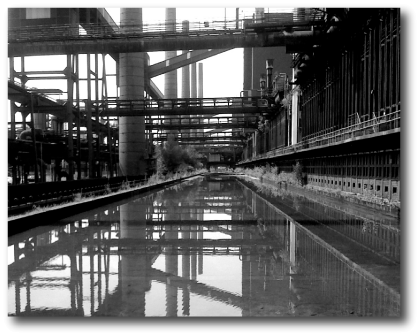
On the day that I visited the complex, it was oppressively warm and humid. The sky glared bluish white, with cumulus clouds slowly boiling up. At present, it’s rare to have such tropical-seeming conditions at 51 degrees north latitude, but in a billion years, as the Sun runs further through its hydrogen, the damp heat will be much more the rule.
The Zollverein site, which halted industrial activity on June 30, 1993, was almost entirely deserted as we wandered through. Thick green undergrowth is everywhere. Saplings are sprouting from crevices in the maze of tanks and rusting pipes. It was easy to imagine that the Anthropocene has already ended, that the carbon dioxide concentrations have already peaked.
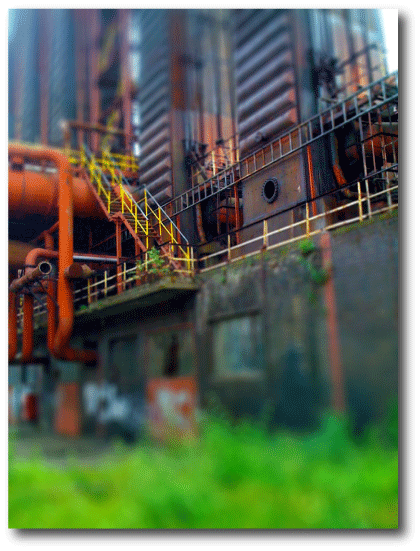
When the complex was at its peak in the early 1970s, it was producing 8,600 tons of coke per day, along with ammonia, benzene and raw tar. The coal came from a mine on the site that tapped an underground seam deposited 300 million years ago during the Carboniferous period. The coal-forming forests of that time sequestered so much carbon that the oxygen concentration in the atmosphere spiked to more than 30%. Carnivorous dragonflies with 2.5-foot wingspans took to the skies.
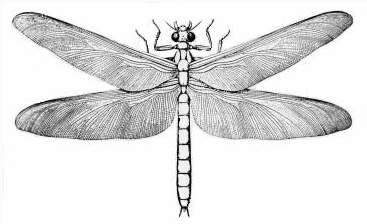
Image Source.
Now, with the hive of activity gone, rusting iron defines the landscape, and recalls a past that’s an order of magnitude more distant than the Carboniferous. Three billion years ago, the rise of photosynthesis (which eventually made the coal forests possible) caused Earth’s first rise of free oxygen. Iron dissolved in the oceans precipitated as iron oxide — rust — to form the banded iron formations, which, after lying undisturbed for billions of years were mined to make the steel.
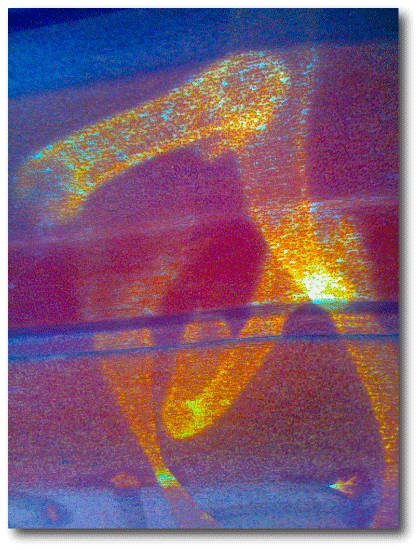
Steel that now slowly rusts in the silent, saturated air.
